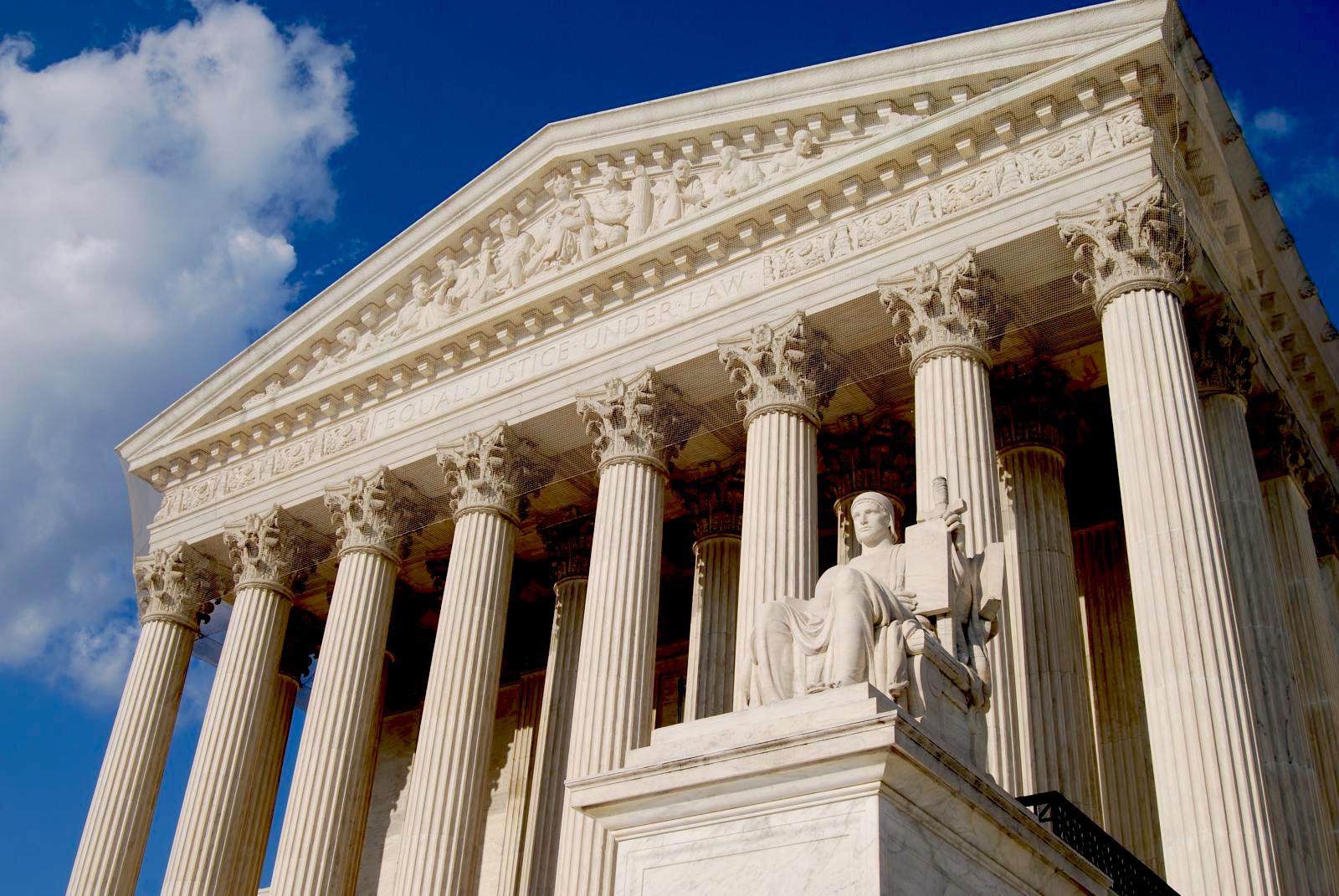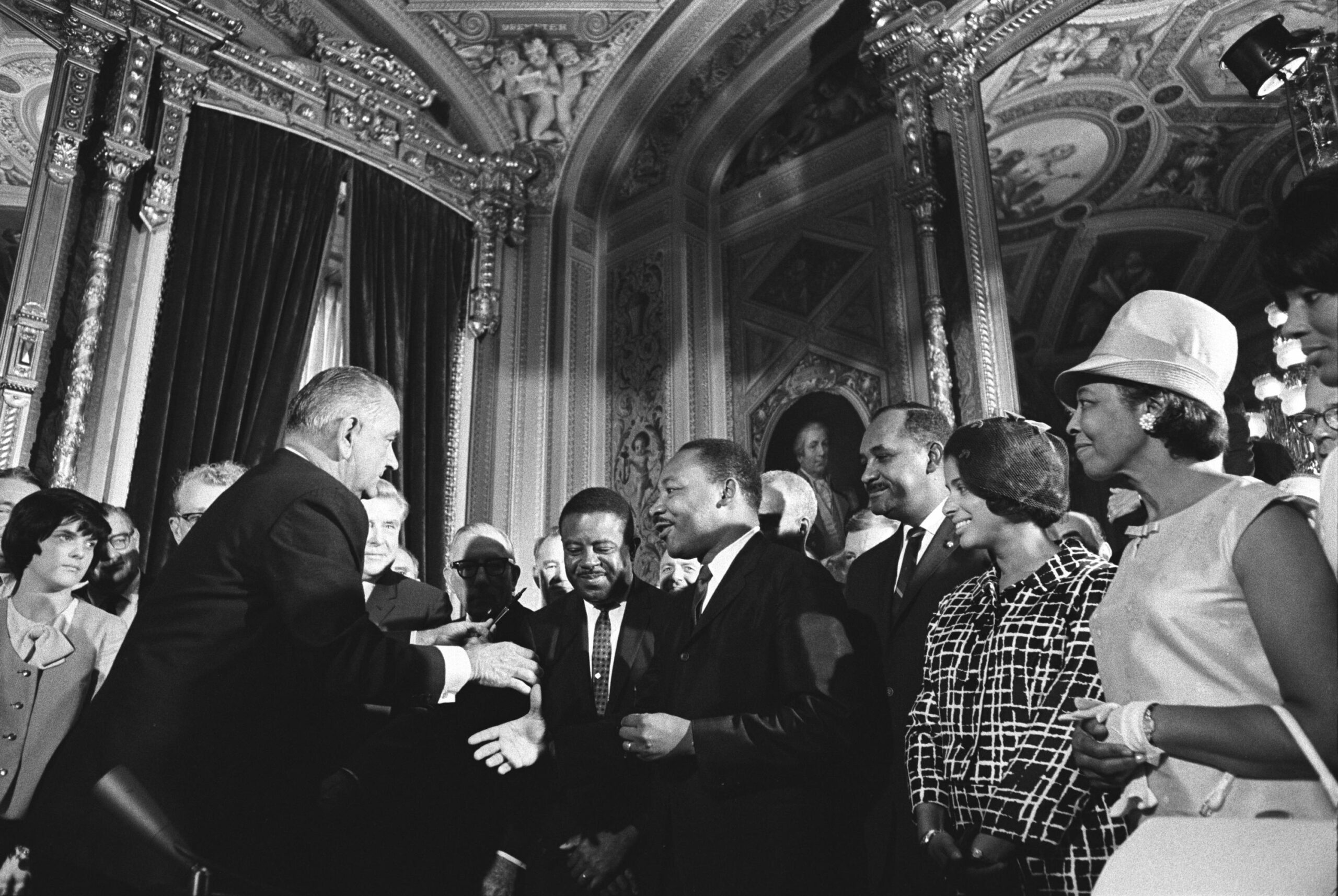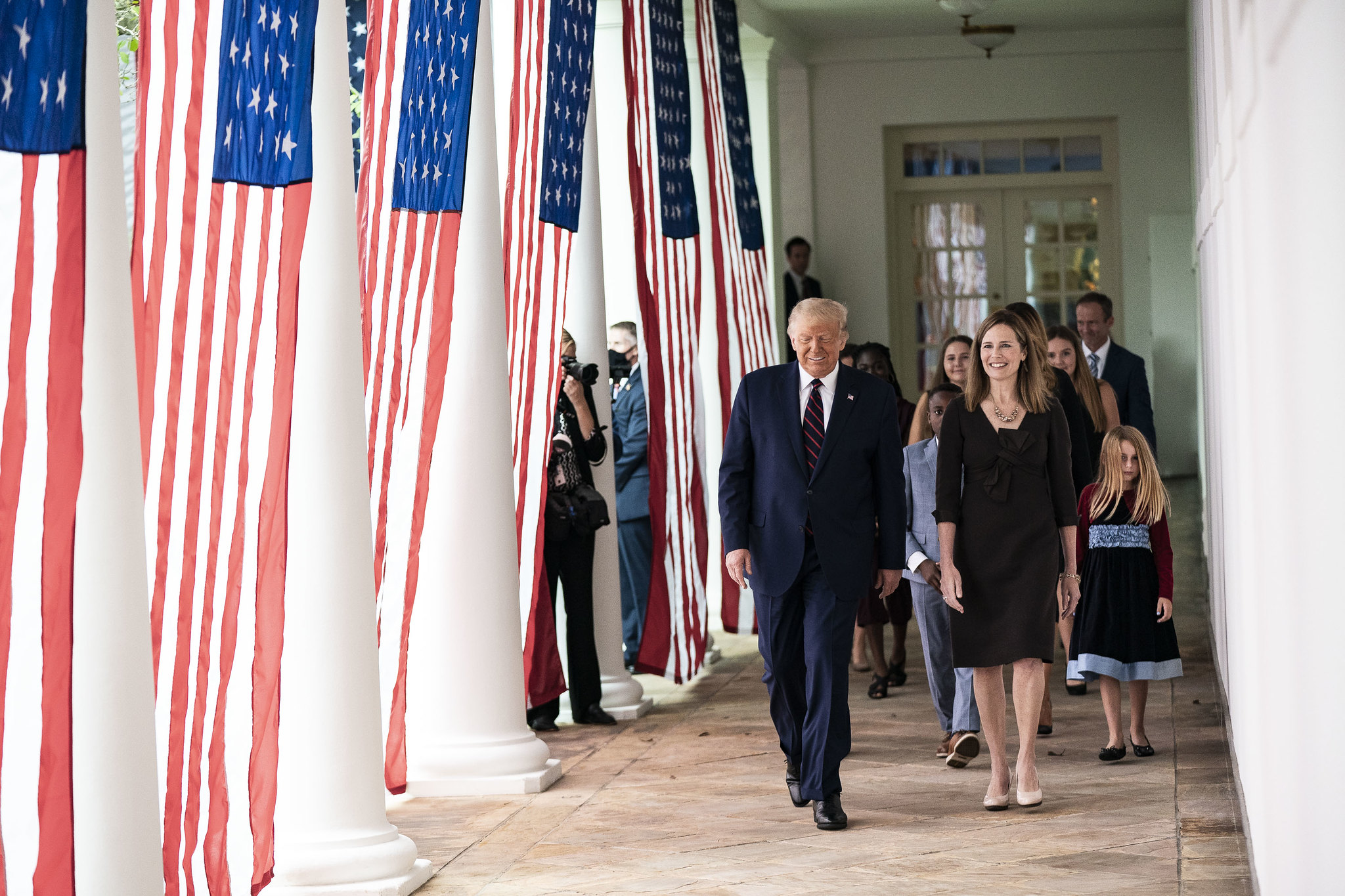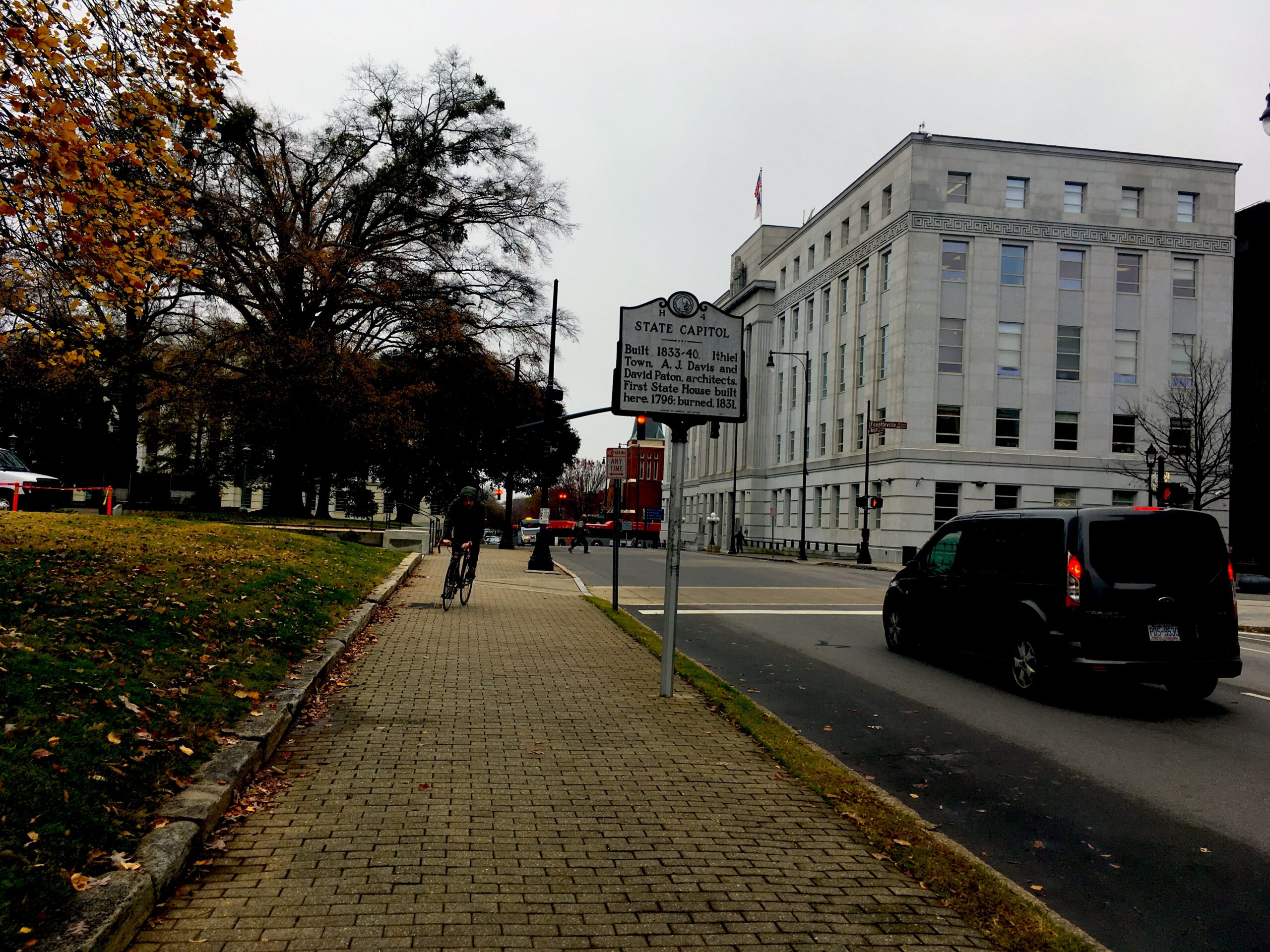by Marjorie Cohn, Consortium News:
 Marjorie Cohn warns that the rightward-veering Supreme Court may continue demolishing the Voting Rights Act.
Marjorie Cohn warns that the rightward-veering Supreme Court may continue demolishing the Voting Rights Act.
Former President Donald Trump’s installation of three radical right-wingers on the Supreme Court is already yielding frightening victories for religious zealots and racists.
Last term, the court’s conservative majority revoked the constitutional right to abortion from half the population in the United States. This term, it is poised to eviscerate voting rights for people of color and legalize election theft.
TRUTH LIVES on at https://sgtreport.tv/
On Oct. 4, the court heard oral arguments in Merrill v. Milligan, in which it may well deny communities of color the right to use the Voting Rights Act to overturn racially discriminatory electoral maps.
And in Moore v. Harper, which has not yet been scheduled for argument, the court may well strip the right of state courts to stop GOP-led legislatures from trying to subvert election results like some did in 2020.
Trump and his allies tried mightily to manipulate voting rules to steal the election from Joe Biden. It was Democratic governors and state courts that prevented Republican legislatures from illegally changing their states’ electoral tallies from Biden to Trump.
If the Supreme Court uses the Moore case to adopt the fringe “independent state legislature” theory, state courts, governors and election officials will no longer be able to provide that firewall.
Demolishing the Voting Rights Act

President Lyndon B. Johnson shaking hands with Martin Luther King Jr. at the signing of the Voting Rights Act on Aug. 6, 1965. (Yoichi Okamoto, LBJ Library, Wikimedia Commons)
The Supreme Court has its third alarming opportunity to demolish the Voting Rights Act in the Merrill case where Alabama’s congressional maps diluted the power of Black voters.
First, in the 2013 case of Shelby County v. Holder, the court disemboweled Section 5 of the Voting Rights Act, which required federal pre-clearance of changes to election rules in jurisdictions with a history of discriminatory voting practices. In his majority opinion, John Roberts provided assurances that Section 2 of the Act would still be available to protect voting rights. But that assurance will likely prove a hollow promise.
Second, in the 2021 case of Brnovich v. Democratic National Committee, the court weakened Section 2 of the Voting Rights Act, which prohibits any voting practice that “results in a denial or abridgment of the right of any citizen of the United States to vote on account of race.”
That occurs when minority voters “have less opportunity than other members of the electorate to participate in the political process and to elect representatives of their choice.” The six right-wingers upheld two voting provisions that made it harder for people of color to vote.
Donate Today to CN’s
2022 Fall Fund Drive
In the Merrill case, the court appears ready to further gut Section 2, but in the context of redistricting. The evidence shows that 27 percent of Alabama’s residents are Black but only one of its seven congressional districts has a Black majority, reducing the probability of electing Black representatives.
A federal district court composed of three judges (including two Trump appointees) unanimously held that Alabama’s GOP-drawn congressional district map likely violates Section 2 of the Voting Rights Act. The court ordered the state to create a second district with a Black majority or plurality.
The district court cited Alabama’s “extensive history of repugnant racial and voting-related discrimination.” It also found “substantial and undeniable” evidence of socioeconomic disparities that “hinder Black Alabamians’ opportunity to participate in the political process.”

African American demonstrators outside the White House on March 12, 1965, protesting police brutality against civil rights demonstrators in Selma, Alabama. (Warren K. Leffler, Library of Congress)
In February, five right-wing members of the Supreme Court put the brakes on the district court decision while the high court considers the case. That means the discriminatory map is being used in the 2022 midterm elections.
Roberts dissented from the stay of the district court’s ruling. Elena Kagan, joined by Sonia Sotomayor and Stephen Breyer, filed a 12-page dissent, which said the majority’s stay of the district court’s decision
“does a disservice to the District Court, which meticulously applied this Court’s longstanding voting-rights precedent. And most of all, it does a disservice to Black Alabamians who under that precedent have had their electoral power diminished — in violation of a law this Court once knew to buttress all of American democracy.”
Section 2 of the Voting Rights Act also serves an important function in guaranteeing equal public resources for minority communities.
“Indeed, research on the transformative power of the Voting Rights Act shows that in jurisdictions where minority voters have successfully challenged discriminatory electoral districts, gaps in economic opportunity have narrowed and that investment in basic infrastructure like roads and schools has improved,” according to the Brennan Center for Justice.
Erwin Chemerinsky, dean of UC Berkeley School of Law, warns that the conservative members of the Supreme Court could “even rule that considering the race of the people in the district in detecting discrimination is unconstitutional.” They might go even further and “rule that any law that prohibits racially discriminatory effects is unconstitutional.”
Amy Coney Barrett will probably vote to uphold Alabama’s discriminatory map. When asked at her confirmation hearing if she agreed with her mentor Antonin Scalia’s description of the Voting Rights Act as “a perpetuation of racial entitlement,” Barrett refused to answer.

President Donald Trump and Judge Amy Coney Barrett, then the president’s Supreme Court nominee, on Sept. 26, 2020. (White House, Shealah Craighead)
“For those who care about Black or Latino representation … [Merrill] is the most disruptive case to minority representation in several decades, more so than Shelby County,” said Harvard Law School professor Nicholas Stephanopoulos, who filed an amicus brief advocating the creation of a second majority-Black district.
Eliminating Oversight of Elections by State Courts
In Moore, Republicans in North Carolina seek to restore a redistricting map drawn by the GOP-controlled legislature. North Carolina is fairly evenly divided between Republicans, Democrats and unaffiliated voters. The new map would probably have allowed Republicans to acquire two more seats in Congress, which would leave them with as many as 10 of the state’s 14 seats.
The North Carolina Supreme Court struck down the map, calling it an “egregious and intentional partisan gerrymander” that violated the state constitution. It blocked the state from using the map in the 2022 midterm elections and ordered it to be redrawn to represent all of the people in North Carolina.

The Law and Justice building in Raleigh, which houses North Carolina’s Supreme Court. (fayettevillestreet.com, CC BY-SA 4.0, Wikimedia Commons)
In March, the U.S. Supreme Court allowed the state supreme court’s ruling to stand for the fall 2022 elections. Thomas, Alito and Neil Gorsuch dissented, expressing skepticism about whether state courts have any role in setting rules for federal elections. Although Brett Kavanaugh didn’t vote to block the state supreme court ruling, he said the court is ready to consider the independent state legislature theory.
Read More @ ConsortiumNews.com




